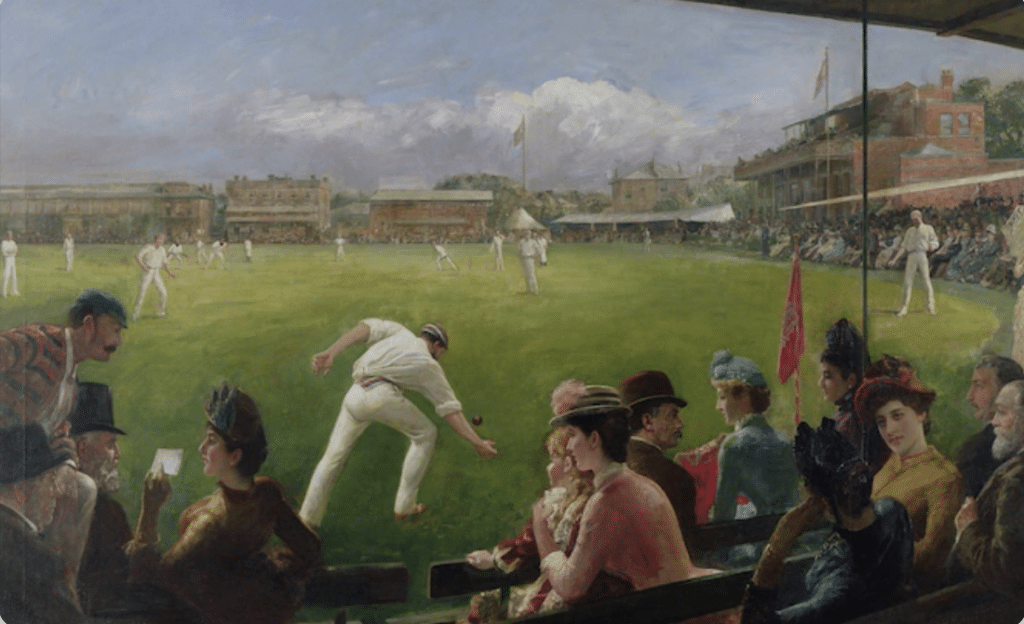
Legacy of colonialism
Colonialism was untenable. However, the British introduced a few customs that are still heartily observed throughout their former colonies in the Caribbean.
Civil service, public education, and public holidays figure most prominently in this respect. Their beneficial impact is something I can vouch for personally. But today, I’m paying homage to one of the holidays the British introduced.
Bank holidays
Unlike the Americans, the British do not glorify their holidays with patriotic or reverential titles – like Presidents’ Day, Memorial Day, Independence Day, Labor Day, Veterans Day, or Thanksgiving Day. They simply refer to nearly all of them as Bank Holidays.
This curious designation probably came about as an unwitting nod to British mercantilism. But the official line is that it dates back to 1871.

Folklore has it that the national obsession with the game of cricket led to the Bank Holidays Act. Political leaders reportedly curried favor with labourers by giving them a few days off each year to play and watch matches. But my cynical take is that they did so in lieu of giving labourers fair wages and better working conditions.
Easter Monday
Interestingly enough, the British seemed rather ambivalent about this particular holiday. After all, it has a reverential title but no discernible relevance to Jesus Christ (like Good Friday or Christmas).
Perhaps even the British had qualms about appending a “bank holiday” to the holiest weekend on the Christian calendar.

Whatever the case, as a young boy, this was always my favorite bank holiday. It was the first bona fide beach holiday of the year. But no less significant is that it helped me recover from the trauma of wallowing in the Crucifixion of Jesus Christ.
The hosannas heralding His resurrection on Easter Sunday provided no consolation.
Meanwhile, with access to so many beautiful beaches, it’s a wonder the British didn’t leave us with many more bank holidays.
To see what I’m talking about, book your trip to The Bahamas — now!